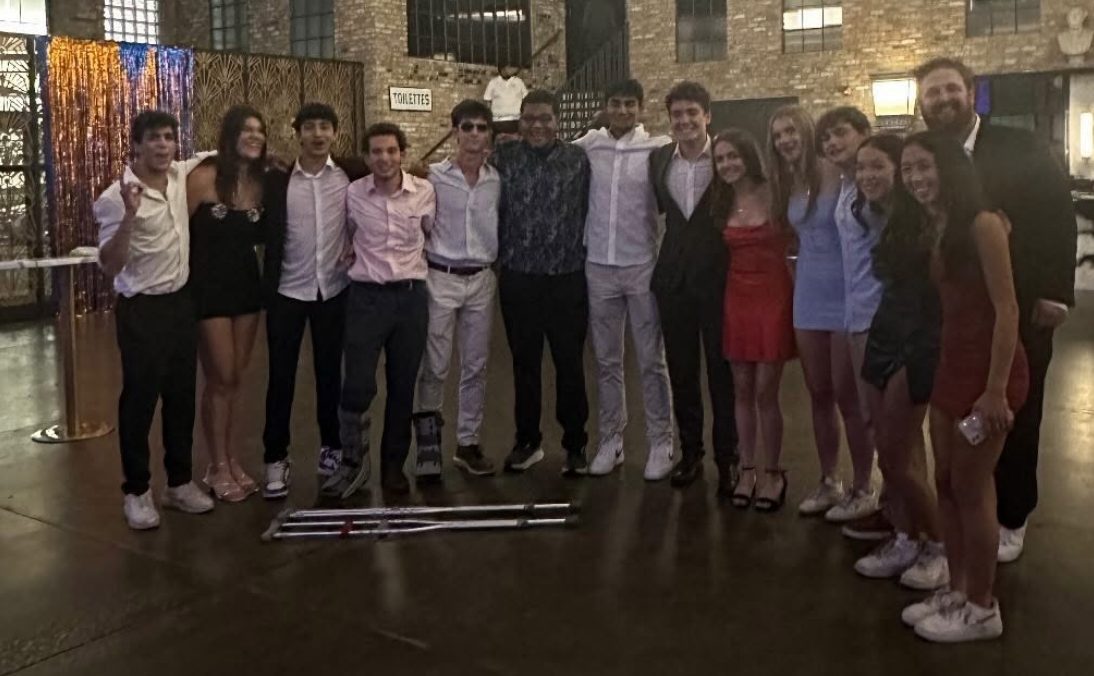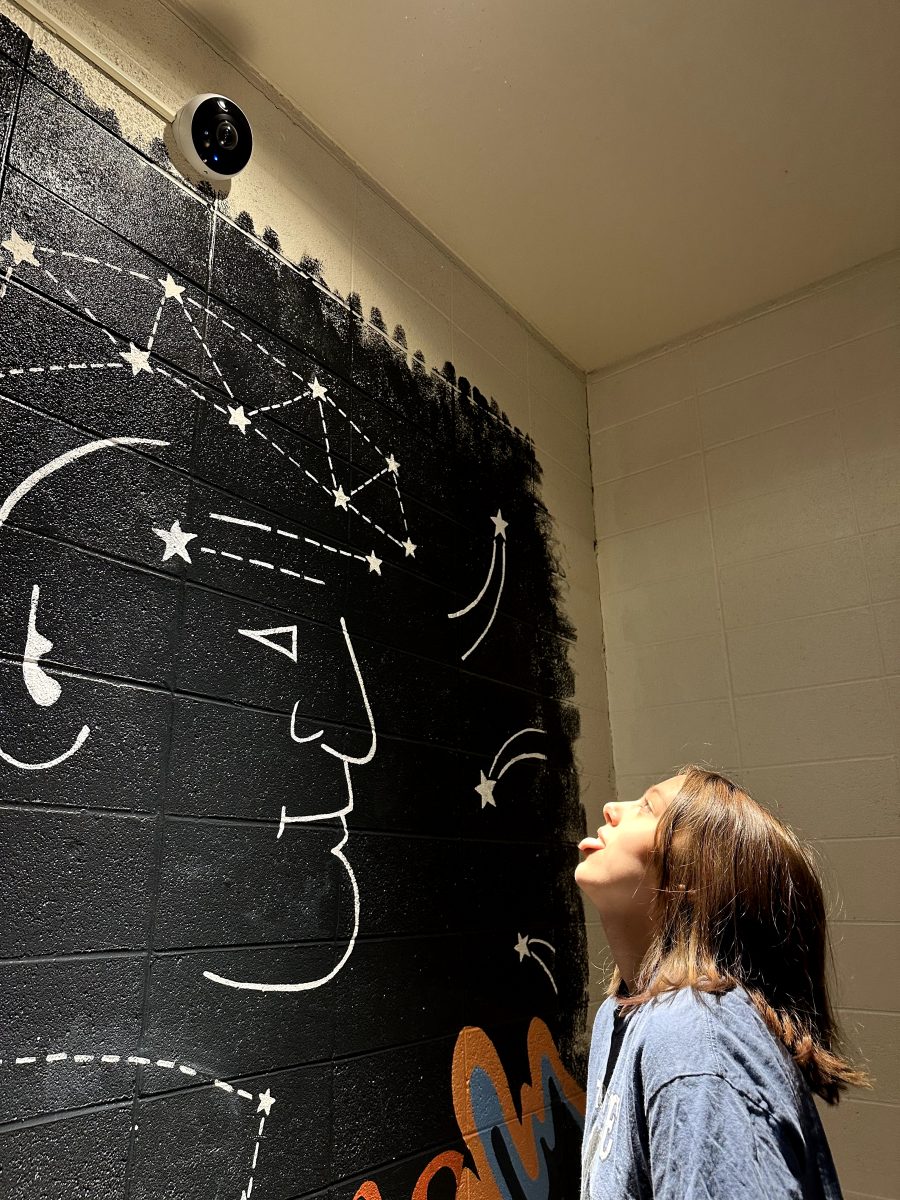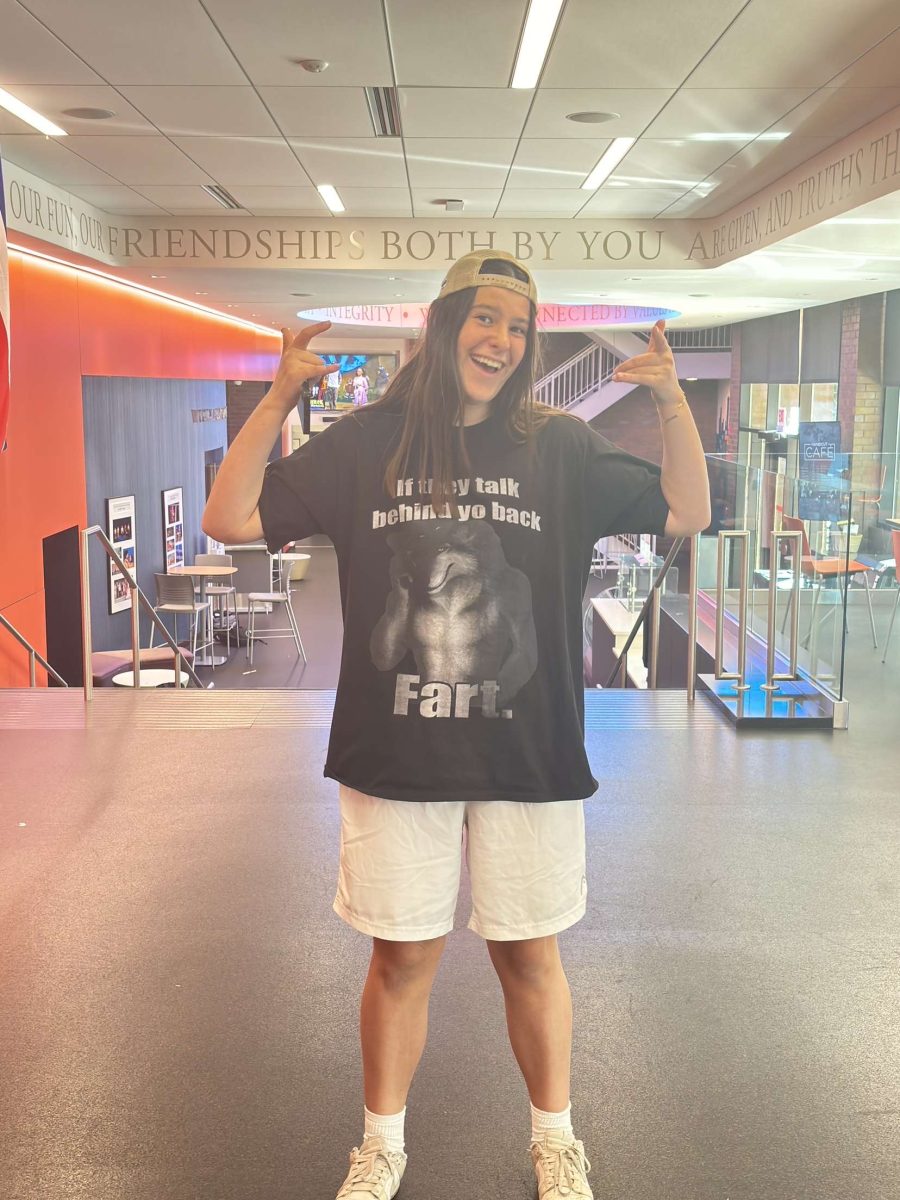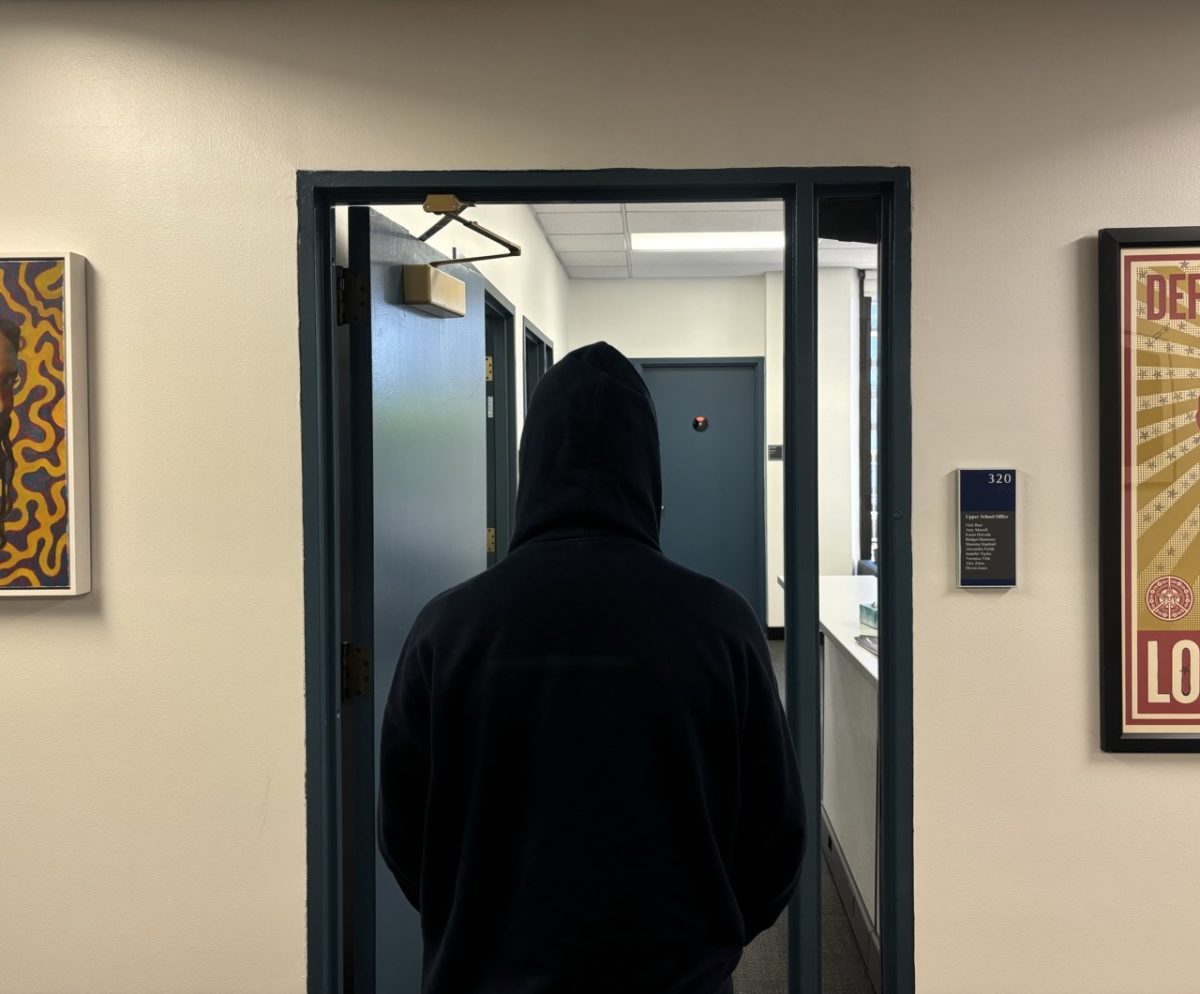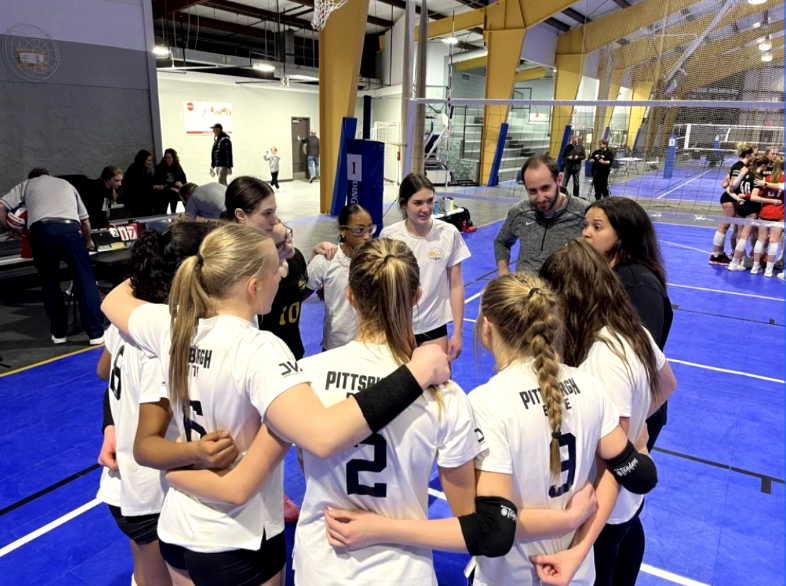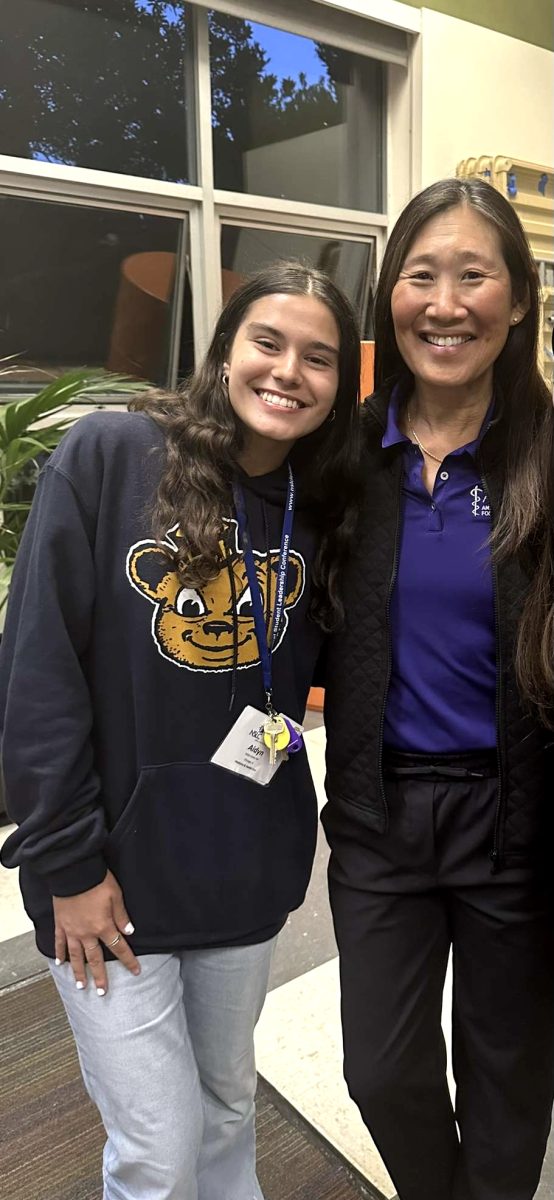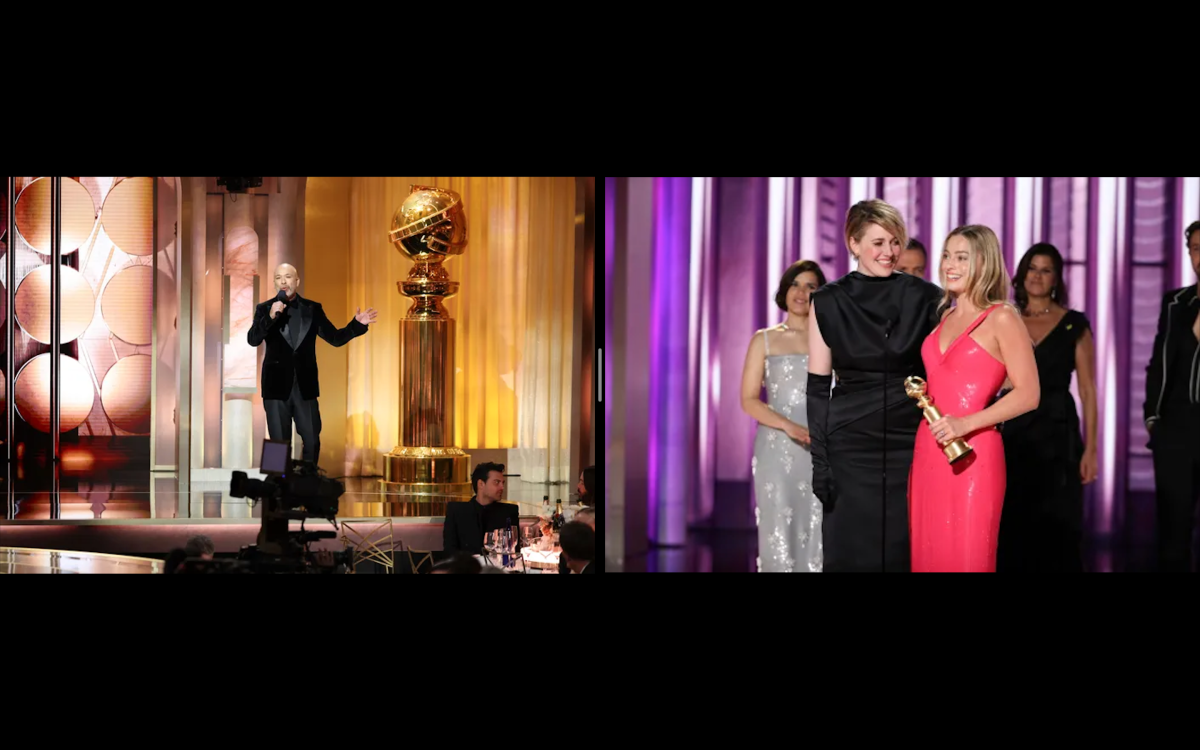The Joke Isn’t Funny: Golden Globe Monologue Undermines ‘Barbie’
Jo Koy hosted the 81st Golden Globes, opening with controversial jokes undermining the highest grossing film of 2023, “Barbie.”
Not even “Barbie,” the highest grossing film of 2023, can escape the scathing and misogynistic criticisms flooding the media.
Jo Koy, a stand-up comedian, hosted the 81st Golden Globe Award Ceremony on January 8. His opening monologue featured “jokes” undermining the tremendous growth and success of women in film, specifically the progress represented through the “Barbie” movie and its importance in the movie-making industry today.
Koy began the awards show with a monologue packed with comments about this year’s films and their accomplishments. However, viewers took note of the films Koy chose to focus negatively on, finding there was a trend of poking fun at the films centered around women. One “joke” stood out among the rest: Koy said, “‘Oppenheimer’ is based on a 721-page Pulitzer Prize-winning book about the Manhattan Project, and ‘Barbie’ is on a plastic doll with big boobies.”
Uncomfortable reactions circulated around the Beverly Hilton, radiating through the screen to viewers at home. The look on “Barbie” director Greta Gerwig’s face showed a disheartened smile, nodding to the generalization and misunderstanding of the values in her movie.
Senior Makenze Humphrey said, “Gerwig’s face after the comment encompasses not only the heartbreak, but the [lack of] understanding [of] the core message of ‘Barbie.’”
“Barbie” sparked a movement of not only celebrating women in the film industry, but honoring silent struggles many women face in their day-to-day lives. Womanhood was celebrated by those going to the movie theater dressed up as Barbie and Ken. Womanhood was celebrated through the groundbreaking box office numbers. Womanhood was not celebrated, however, when a comedian, on a very public stage, objectified the doll that now represents empowerment and self-discovery.
Following the comment made about “Barbie” and her “big boobies,” Koy followed up with: “It’s kind of weird being attracted to a plastic doll … it’s just something about your eyes, Ryan.” Koy poked fun at Ryan Gosling, who played stereotypical Ken, the doll whose character discovered the modern world power that men hold outside of Barbieland. Gosling did not laugh at that joke, further emphasizing his disapproval of the statement and its implications.
Koy followed up by saying, “And Margot, it’s not always about you.” Koy was referencing Margot Robbie, who played stereotypical Barbie and produced the film. Robbie was seen shrugging her shoulders and followed up with uncomfortable laughter. So, at what point are people on the receiving end of the jokes responsible for determining how the joke should be received? It seems as if women are responsible to ‘laugh off’ the jokes made at their expense, and the reactions to the “Barbie” comments are a prime example of just that.
The media immediately blamed Koy for the problematic jokes. However, it is important to note that the root of this issue is not solely in the people performing live on stage. What is so startling about this situation at the Golden Globes is that these jokes, specifically those made about the “Barbie” movie, were listened to, laughed at, and approved in a writers’ room.
“People undermining the ‘Barbie’ movie literally proves the whole point of it,” junior Lucy Baer said. “It’s incredibly disappointing that we’re still at a point where women’s struggles and the things that they face are still ignored and laughed at.”
America Ferrera, who was nominated for an Oscar for her portrayal of Gloria in “Barbie,” recently received the “SeeHer” recognition at the Critics Choice Awards hosted on January 14. Ferrera was recognized for her impact in the film industry, specifically for uplifting historically silenced female stories.
Her words spoke to everyone when she said, “Unabashedly telling female stories does not diminish your powers.” Ferrera’s acceptance took place after the Golden Globe ceremony, making her words sink even deeper, allowing each and every individual touched by the “Barbie” movie to remember and lift its importance in Hollywood’s strides to equity.
The impact of these seemingly harmless “jokes” goes beyond the immediate reaction. It extinguishes the flame of hope people began to see. Senior Carmen Quinones said, “I think ‘Barbie’ was so revolutionary in the sense that it really spoke out about a lot of these things, but also created a movement.” Carmen condensed the collective disappointment: “It’s just so frustrating.”

Margaret Townsend (‘24) is a senior at Latin and has been writing for The Forum since 2020. Margaret loves to write about film and is looking forward...


